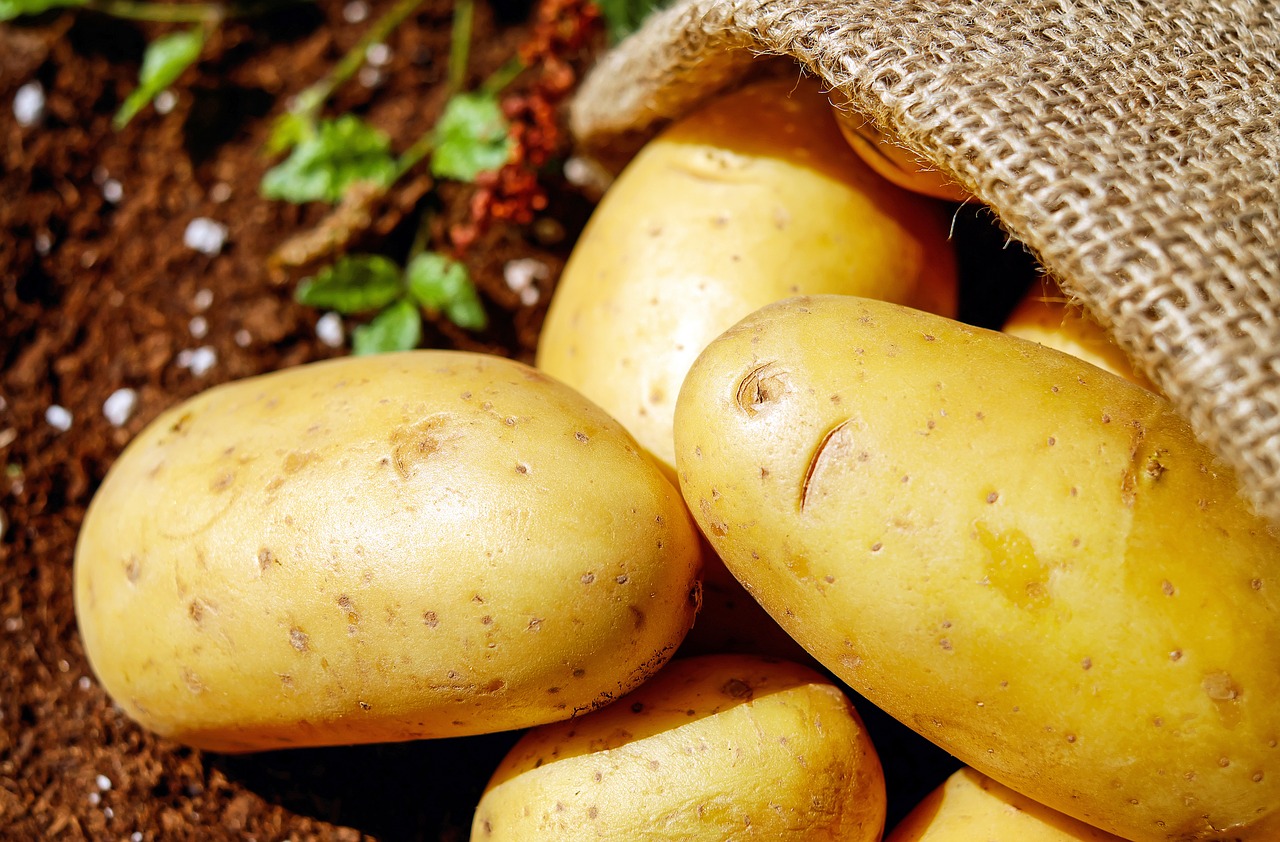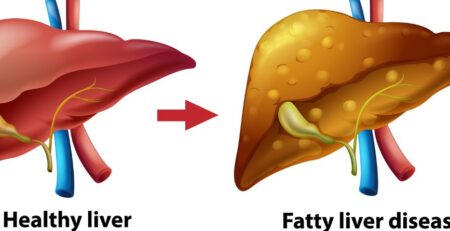The Power of Lycopene: Why Are Cooked Tomatoes Healthier?
Today, I want to write about a powerful plant nutrient – a potent antioxidant found in many common fruits and vegetables we consume daily. When you understand the science behind why we eat certain foods, you realize there is so much medicine in fruits, vegetables, nuts, and seeds. Nature has given us many beneficial nutrients. We just need to understand how they can make a difference in our lives. Lycopene, a naturally occurring pigment, is responsible for the vibrant red color in several fruits and vegetables.
It belongs to the carotenoid family of pigments and is most notably present in tomatoes, red cabbage, carrots, apricots, guavas, watermelon, pink grapefruit, and rosehips. More than just a source of bright hues, lycopene is a potent antioxidant with impressive health benefits.
The Power of Lycopene for Cancer
Lycopene is incredibly powerful, and science has shown that it plays a significant role in possibly preventing cancers, especially lung, prostate, breast, and colon cancers. Even if someone already has cancer, adding lycopene through natural foods can slow down the growth rate of tumors.
One thing I love is using lycopene-rich foods, especially for lung and prostate cancer patients, or those looking to prevent cancer. Studies have shown that lycopene can reduce the risk of prostate and lung cancers by up to 40-50%. Lycopene’s cancer-fighting properties are among the most well-studied, with evidence showing it helps combat the formation of harmful free radicals in the body, which are known to cause cancerous mutations.
But please understand that lycopene alone cannot help. Cancer is a multifactorial disease, and there are many contributing factors. You could eat tomatoes all day, but it will not take away your cancer or help you manage it unless you are approaching the disease holistically.

A Multitasking Antioxidant
Lycopene is just one of many powerful antioxidants. Why do we need antioxidants? Because we have free radicals in our bodies, which can cause inflammation if not neutralized. While inflammation is an important immune response, uncontrolled inflammation is the root cause of most health and lifestyle conditions like cancer, Alzheimer’s, cardiovascular diseases, and more.
Free radicals are produced in the body due to poor food choices, pollution, chemicals in cosmetics, stress, and side effects of certain medications. That’s why managing it is important.
Heart Health
Lycopene’s benefits go far beyond cancer prevention. Its potent antioxidant properties also contribute to reducing inflammation and cholesterol levels, making it a heart-healthy nutrient. By lowering bad cholesterol (LDL) and improving blood vessel function, lycopene helps reduce the risk of ischemic strokes, which occur due to blood clots blocking oxygen flow to the brain. Moreover, lycopene enhances the immune system and protects against blood clot formation, which in turn supports cardiovascular health.
Other Health Benefits
Lycopene is also great for protecting against sunburn, supporting brain health, and promoting strong bones. You can find lycopene in tomatoes, watermelon, pink grapefruit, sun-dried tomatoes, guava, papaya, and sweet peppers.
Lycopene particularly in tomatoes, when they are cooked or heated.
Tomatoes, in particular, are one of the richest sources of lycopene. Interestingly, the absorption of lycopene improves when tomatoes are cooked. So, incorporating cooked tomatoes into your meals – in soups, curries, or sauces – is an excellent way to boost lycopene absorption.
Now, not everyone can eat nightshade vegetables like tomatoes. For example, people with autoimmune conditions or severe gut issues may need to avoid them. But even if you can’t eat tomatoes, you can still get lycopene from other sources like guava, watermelon, and sweet peppers.
Tomatoes: A Nutrient Powerhouse

We know that tomatoes are a true superfood, offering an abundance of nutrients, and easily available in every kitchen. In addition to lycopene, tomatoes are also packed with essential vitamins and minerals that contribute to various aspects of health:
- Vitamin C: This antioxidant is crucial for immune support and protection against harmful oxidative stress.
- Vitamin A: Known for its benefits to skin and eye health, vitamin A helps maintain healthy vision and radiant skin.
- Vitamin K: Critical for bone health, vitamin K supports bone density and strength.
- Potassium: An essential mineral for heart function, potassium plays a key role in regulating blood pressure, supporting muscle contractions, and maintaining heart health.
Tomatoes also support digestive health, aiding in smooth digestion and preventing issues like constipation and diarrhea. They help remove toxins from the body, promoting a clean and efficient digestive system. Their water and fiber content play a role in ensuring healthy digestion and maintaining gut health.
Eat Tomatoes for Lycopene, Not Supplements
While lycopene supplements are available, it’s far more beneficial (and cost-effective) to consume lycopene through whole foods like tomatoes. Not only are fresh tomatoes inexpensive and available year-round, but they also provide a wealth of other nutrients that your supplements may not necessarily do.
Incorporating tomatoes into your daily routine is easy.
- Add fresh tomatoes to omelets, sandwiches, soups, and salads, or use tomato puree to enhance the flavor of your dishes.
- Cherry tomatoes make for a perfect, nutrient-packed addition to vegetable dishes.
- Whether you enjoy them raw or cooked, tomatoes are a versatile ingredient that can elevate the health benefits of almost any meal.
Find an amazing tomato soup recipe here.
Final Word
I make sure to include lycopene-rich foods in my diet every day. For instance, at dinner, I often have a bowl of tomato soup as the base of my meal. I add other vegetables like pumpkin, bell peppers, and mushrooms, but the foundation is always tomato because of its powerful health benefits, particularly for prostate health. Even if I don’t have tomato soup, I ensure that tomatoes are in my vegetables, dal, or lentils. If it’s watermelon season, I consume plenty of watermelon, too.
When you have a balanced diet that includes a variety of colorful foods, you’re getting a wide range of beneficial nutrients like flavonoids, polyphenols, and antioxidants. That’s why I encourage parents and children to aim for a rainbow plate – a plate full of different colored foods. These colors represent the many micronutrients our bodies need for optimal health.
Incorporating lycopene-rich foods like tomatoes, watermelon, guava, and sweet peppers into your diet can be an easy and affordable way to support your health. Whether you’re aiming to prevent diseases or enhance your overall well-being, these simple foods offer tremendous benefits.
Disclaimer: This article is for informational purposes only and should not be considered medical advice. Please consult a healthcare professional before adding anything new to your diet or lifestyle.
ALSO WATCH THIS
|
From a pimple to cancer, our You Care Wellness Program helps you find a way Talk to our integrative team of experts today 18001020253 |










Leave a Reply